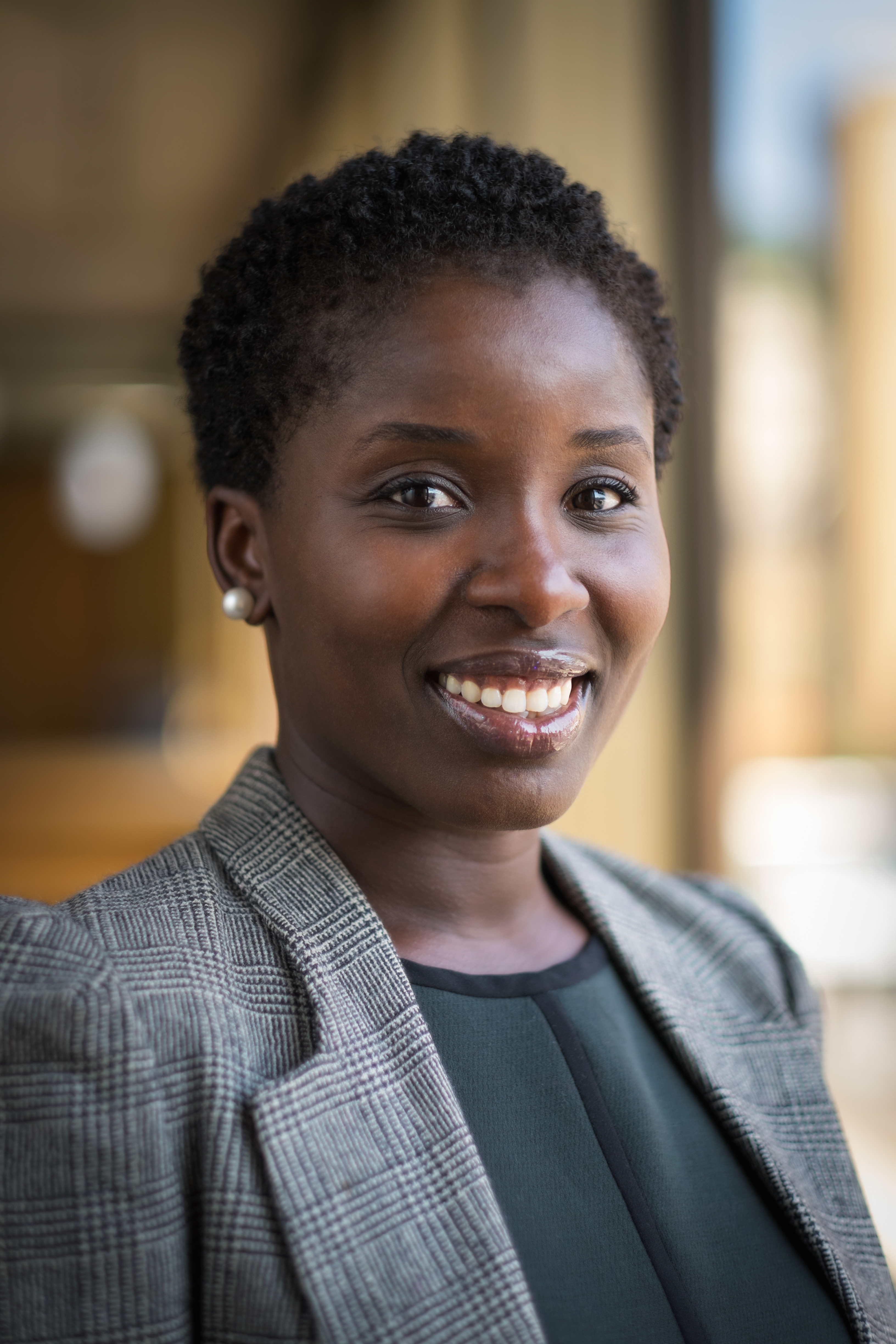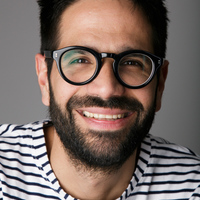January 12, 2017, 3:30 – 5:30 — Osgoode Hall Law School (Ignat Kaneff Building), Room 2027
On January 12, 2017, the International Law in the Global South Research Seminar Series was fortunate enough to host Professor Tendayi Achiume, who provided an engaging presentation entitled “International Law and Xenophobic Anxiety“. The presentation inspired a fruitful discussion amongst those who attended and ended the last seminar of the academic year on a high note.

Tendayi Achiume is Assistant Professor of Law at UCLA School of Law, where she is a core faculty member of the Critical Race Studies Program and the Epstein Program in Public Interest Law and Policy. Her research and teaching interests lie in international human rights law, international refugee law, migration, international criminal justice, and property. In 2016 she was appointed to co-chair the 2016 Annual Meeting of the American Society of International Law. She earned her B.A. from Yale University and her J.D. from Yale Law School. After law school she clerked for Deputy Chief Justice Dikgang Moseneke and Justice Yvonne Mokgoro on the Constitutional Court of South Africa. Thereafter she represented refugees and migrants at Lawyers for Human Rights in Johannesburg, while teaching on the faculty of the International Human Rights Exchange Programme based at the University of the Witswatersrand. Prior to her current appointment at UCLA, she was a litigation associate at the New York office of Sullivan & Cromwell LLP. Her publications include “Syria, Cost-Sharing and the Responsibility to Protect Refugees,” 100 Minnesota Law Review 687 (2015).
Watch Professor Achiume’s Lecture in the ILIGS Series Here


 ork University.
ork University. ion resulted in a failure to challenge the axes of intra- and inter-state power that continues to operate within international criminal law.
ion resulted in a failure to challenge the axes of intra- and inter-state power that continues to operate within international criminal law. destruction in international criminal law, drawing on TWAIL scholarship and illustrative examples from recent films (The Monuments Men & Timbuktu). This seminar also had a positive turnout from members of the Osgoode community. The discussion period, led by PhD candidate Angus Grant, lasted for over an hour, with almost all participants sharing their views on the nexus between culture, property and law from a Global South perspective.
destruction in international criminal law, drawing on TWAIL scholarship and illustrative examples from recent films (The Monuments Men & Timbuktu). This seminar also had a positive turnout from members of the Osgoode community. The discussion period, led by PhD candidate Angus Grant, lasted for over an hour, with almost all participants sharing their views on the nexus between culture, property and law from a Global South perspective.